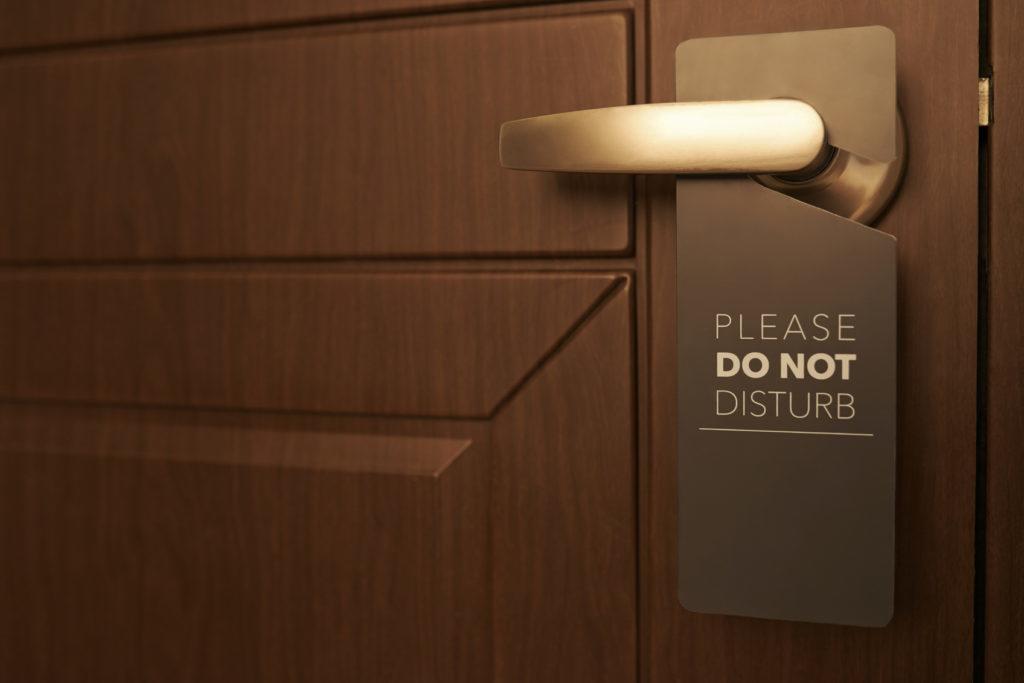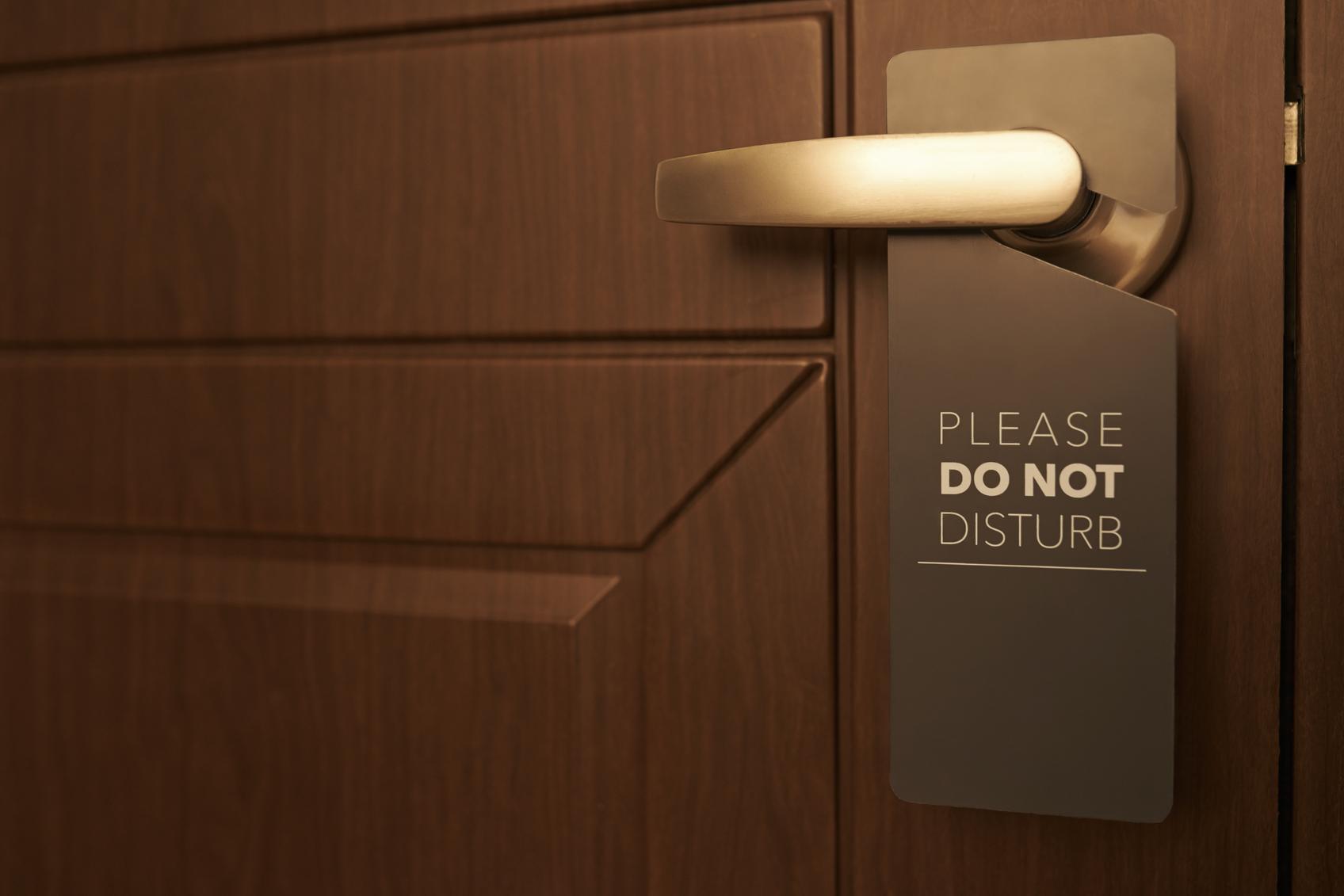Hotels Reconsider “Do Not Disturb” Policy in Light of Shootings

Closed door of hotel room with please do not disturb sign
The prompt from the Texas Hotel & Lodging Association (THLA) comes just before the annual Austin City Limits Music Festival.
As Austin prepares for its annual Austin City Limits Music Festival, hotels across the city have been asked to review their “do not disturb” policies in the wake of the mass shooting that occurred at the Mandalay Bay Resort in Las Vegas on Sunday, KXAN-TV reports.
In an e-mail sent to members on Monday, Scott Joslove, the president and CEO of the Texas Hotel & Lodging Association (THLA), a hospitality trade body representing lodging operators across the state, said, “As an industry, no issue is more important to us than safety and security. Our hotel brands have been proactive in their preparation for every conceivable security and safety issue and we amend and update these protocols regularly.”
Joslove went on to say that the THLA would be working alongside safety experts and hotel brand leaders to protect the safety of both guests and staff alike. He also urged cooperation with local law enforcement agencies and asked staff to consider reviewing safety protocols at properties around the state.
In particular, Joslove has asked hotels to closely examine their “do not disturb” policies. At present, if guests request it, most properties have a 72-hour “do not disturb” policy. This of course means that staff may not enter a guest’s room for three days and so may not be aware of any suspicious activity being carried out within that unit.
Stephen Paddock, the gunman in the Mandalay Bay incident, is believed to have checked in at the hotel last Thursday and placed a “do not disturb” sign on his door after his arrival. While it’s not clear if there is any correlation, Joslove has urged hotels to review their policies on the matter.
“Currently, most hotels allow guests for very limited time periods, to request that their rooms not be entered for cleaning during their stay. However, hotel brands generally require that guest rooms subject to a DND request should still be entered for routine cleaning after three days. Hotels should consider how best to address DND policies during major city wide events in which there will be large crowds,” he said.
[Photo: Shutterstock]























Having x-ray luggage scanners are common at hotels in many countries (mainly in emerging markets). It is only a matter of time before America's obsession with guns means that they are introduced at US hotels too... furthering the trend toward America becoming a security state.
During a stay at the Holiday Inn Express - Bocagrande in Cartegena, Colombia, I left the Do Not Disturb sign on the door. On the second day, they slipped a note under my door stating that they would be entering my room (I am not sure if it was later that day or the next) for safety/security reasons. Personally, I am not too concerned with this. However, this should only be done by management staff (I am sure this will be the policy).
I don't see any down side to this. The staff can come into a room but be asked not to clean it, etc. I many times don't want that done. However they are more than welcome to do a walk around checking that the guest has the common things in the room. Huge trunks etc could be considered suspicious and a request to look inside should not be avoided.
Oh for crying out loud. Las Vegas was an absolute tragedy to be sure, but this is not a hotel security problem nor should vastly underpaid hotel maids be required to act as de facto security guards. Personally speaking, when I travel, I generally have thousands of dollars of electronics with me. I would rather not have strangers in my room while I'm not there.
Too many hotels I placed DND only for them to walk in on me talking a shower or disturbing me whilst sleeping in. Perhaps it's too laxed sometimes.